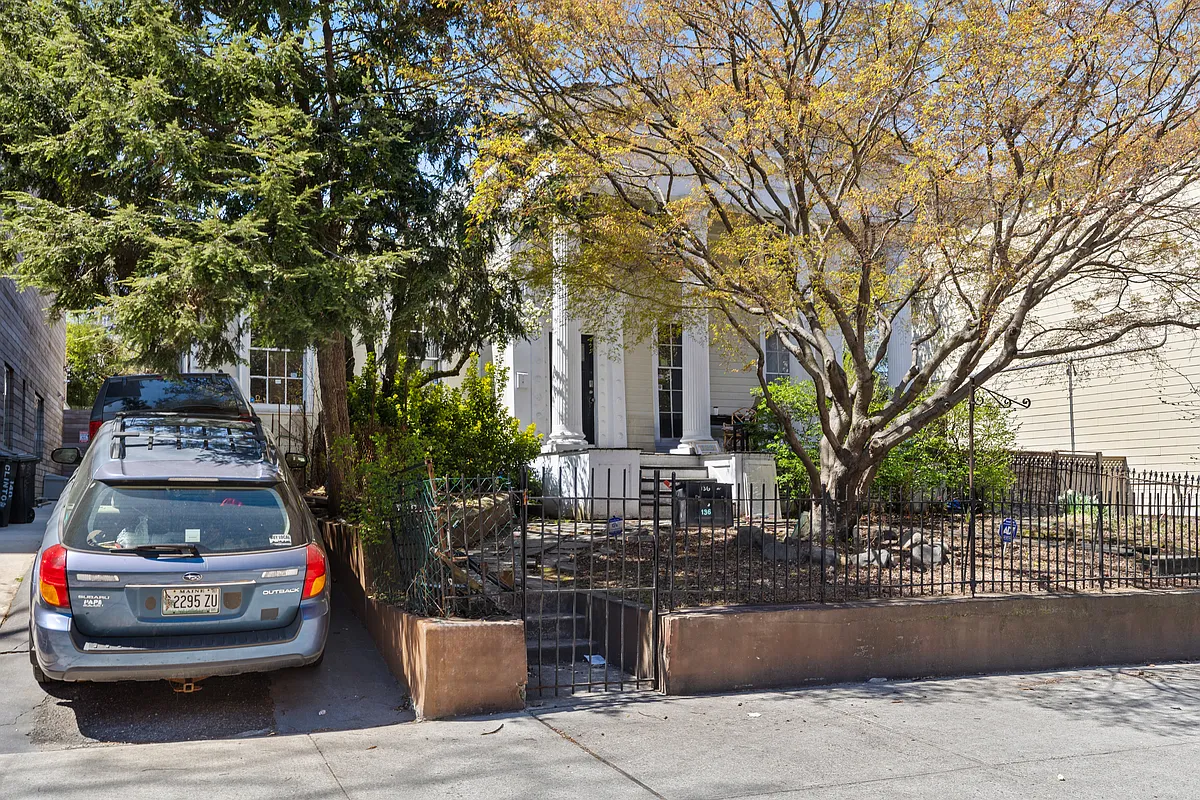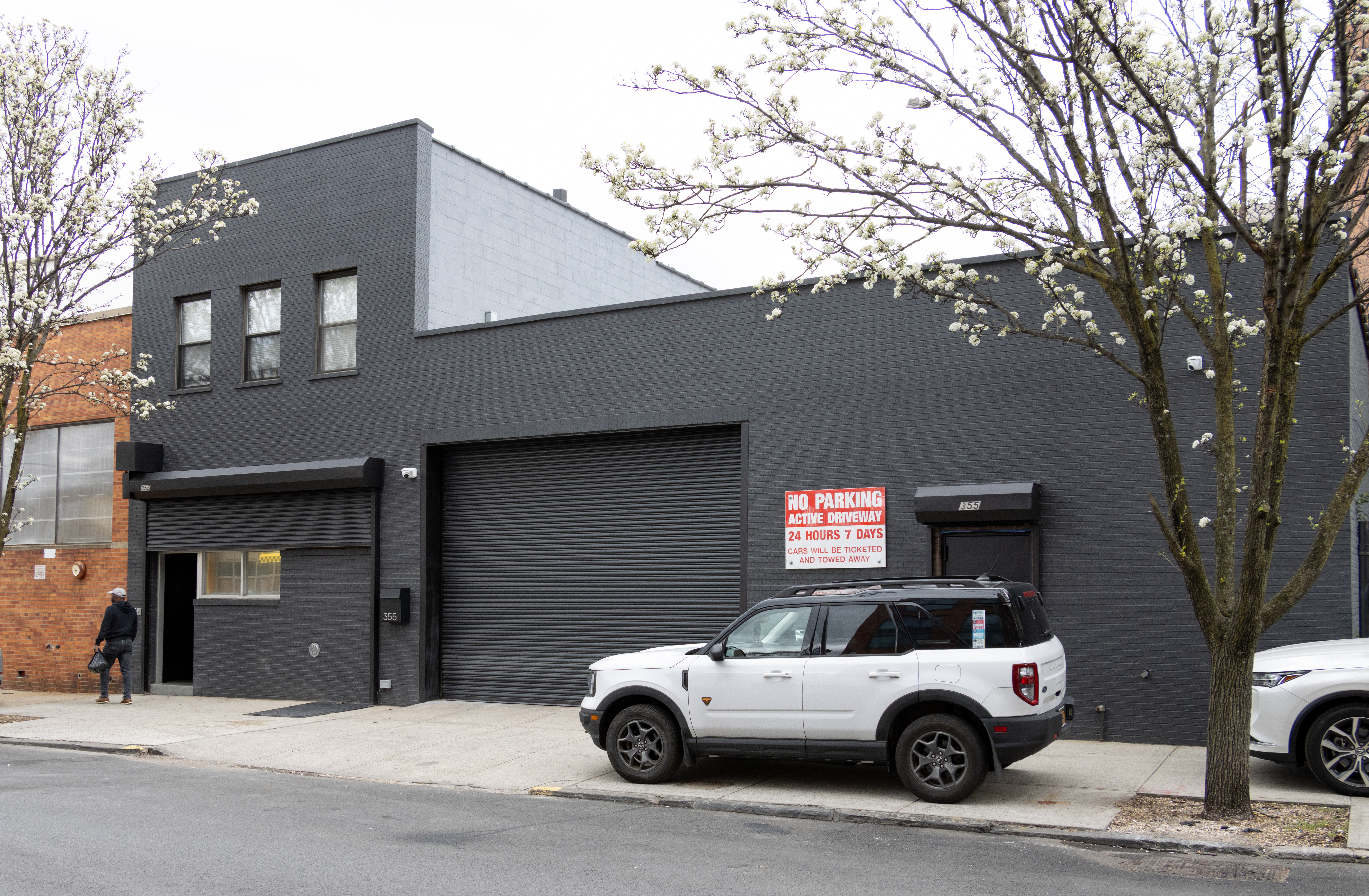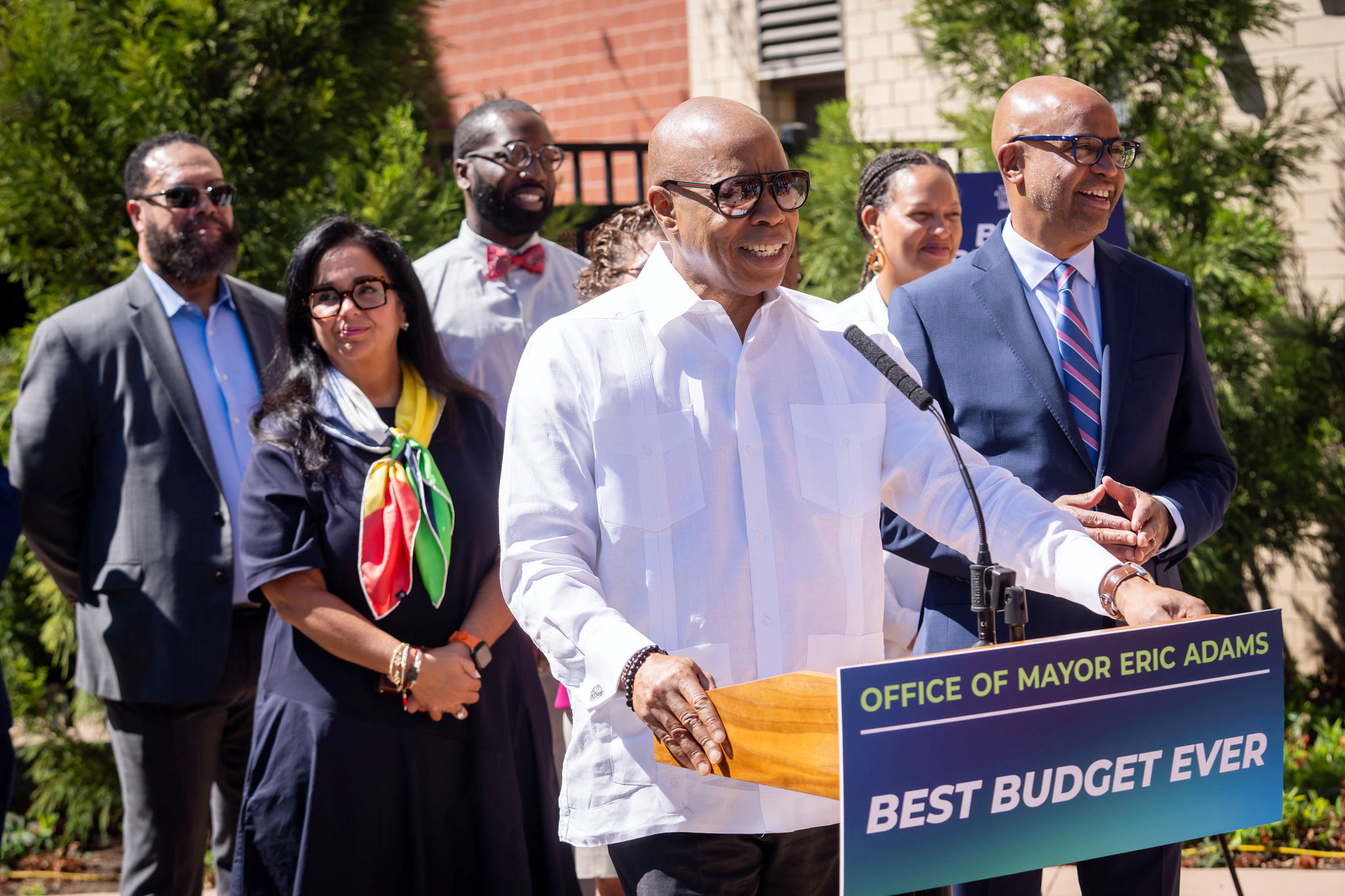More Proof the Housing Boom Is Over
The Office of Federal Housing Enterprise Oversight released data earlier this week showing that U.S. home prices experienced their biggest deceleration in growth in three decades in the second quarter–but nevertheless ticked upward. Average home prices rose 1.17 percent in the April to June period, versus 3.65 percent in the same period a year earlier….

 The Office of Federal Housing Enterprise Oversight released data earlier this week showing that U.S. home prices experienced their biggest deceleration in growth in three decades in the second quarter–but nevertheless ticked upward. Average home prices rose 1.17 percent in the April to June period, versus 3.65 percent in the same period a year earlier. “These data are a strong indication that the housing market is cooling in a very significant way,” OFHEO Director James B. Lockhart said in a statement. “Indeed, the deceleration appears in almost every region of the country.”
The Office of Federal Housing Enterprise Oversight released data earlier this week showing that U.S. home prices experienced their biggest deceleration in growth in three decades in the second quarter–but nevertheless ticked upward. Average home prices rose 1.17 percent in the April to June period, versus 3.65 percent in the same period a year earlier. “These data are a strong indication that the housing market is cooling in a very significant way,” OFHEO Director James B. Lockhart said in a statement. “Indeed, the deceleration appears in almost every region of the country.”
Home Prices Rising After 2Q Slowdown [Forbes]





lp,
Yes, there are a number of individuals who can afford multi-million dollar homes. Great for them, they are well off. I’m working towards having wealth some day! So I can have more flexibility and security.
My point is there is a much larger population of individuals who can’t afford those homes and a greater number of good, mediocre and bad areas vs. prime areas. Mate that fact with people who will actually want to, need to or have to sell/buy in the next couple of years and you see THOSE are the people who will move the market. People who can sit on it don’t count. As SuperAnon said that’s all on paper. When its comes to the price paid at closing, the real number that counts, the current consensus in the broader market seems to be prices are way to high.
You are totally correct SuperAnon. I think the point being made though was that if there are lots of retirees who want to sell, they will be willing to part with their houses at cheaper prices precisely because they paid such a relatively small amounts years ago, and therefore, such a trend could affect the prices of all houses in the area in the near term. It’s a possibility. Or maybe they’ll want to stay in the City and take out reverse mortgages…
QBorBK – I’d guess that BrownBomber and 11.20 are referring to established brownstone brooklyn areas, not fringe areas, when referring to who buys and lives there. I agree with them. I would wager that the vast majority of those who have bought $1million + brownstones and townhouses in Brooklyn in the past 5 years are exactly the people who BBomber and 11.20 describe. And believe it or not, there are huge numbers of people in that category. I had the same experience as 11.20am a couple of years back. We’d bid on a house, maybe go a hundred thousand over asking, and would routinely get beat out by those either offering more or paying all cash. Many times it was by people paying all cash. Such people are not going to care, or need, to sell if and when the pricing go down…
i don’t think anyone remembers 1987-199 when the real estate market was brutal. anyone who says “its different this time” is absolutely wrong. EVERYTHING is cyclical.
Some of you guys make no sense at all. On one hand you acknowledge that the truly wealthy in prime Brownstone Brooklyn may be somewhat insulated in a down real estate market. But then you argue that the modest income families in such areas who bought decades ago will somehow feel the pinch. Huh? WTF?!? How the hell is some old lady in Park Slope hurt by selling her brownstone for $1.9M in 2007 rather than the $2.4M she could have gotten in 2005 hurt when she paid about $100k for the damn place in 1975?!? Anyone using paper profits and paper losses to prove or disprove an argument is a certifiable fool. When assessing the fortunes or misfortunes of homeownership only realized gains or losses matter. Nothing else.
BrownBomber and 11:20pm,
The professionals who have the assets and income you are referring to are not the majority. Granted your points are valid in the economic and social world you (claim to) live in, but take a look around as you travel the subways/towncars/taxi on your way to work/dinner/events those folks you see out there are not in that world. Some are poor, some make 40K, some make 60k to 100K per year and they are the majority. That is why lawyers, doctors, bankers etc so coveted because they’re rare professions that make the big bucks. If all those folks you see in those streets made 250K/400k/750K a year or more than we would be selling B-Stones at $4 mil a pop in Bed-Stuy and we would still be having a conversation on how the market is experiencing a downturn.
Yes people can mobilize themselves to learn to earn more money, start a business, become brilliant investors but that’s not reality. There will always be those that have, those that have not and those that have some. For every banker that makes $400K there are a dozen tellers that make $30K for every principle that make $100k there are 40 teachers making $40K. NYC cannot be an upper class, high net-worth society it won’t work. Who will they look down upon?
The truth is prices have hit the point where it’s no longer financially sensible to buy properties at such a premium. Incomes are steady or slightly up while expense are up drastically. Even when you factor in herd mentality people simply are realizing its ran its course. Granted peak areas like Park Slope may work on different dynamics, since people with greater means tend to live there. Yet, take a look at a subway map peak areas are not the majority. Standard, fringe and downright bad areas take up lot of space in NYC. Now that people are seeing the finances don’t add up for buying a condo/town home at such high prices we are into and going deeper into a downturn. How much will it drop? Who knows! Will it affect prime areas? Hell yes!
Many of you are making a classic error in assessing market dynamics by focusing on inframarginal sellers. Of course there are plenty of people that will not be compelled to sell in a sinking market, or would only sell at very high prices. Unfortunately market prices are determined by those who do sell. Those with the lowest reservation price are those who are most likely to sell successfully and determine the market price. All you Wall Street sharks are looking for the desperate old lady who needs surgery or bail money for her son.
There are still plenty of long-time residents in Park Slope and other areas who do not have high incomes. Many are approaching retirement age and, while their houses are paid off, they will have a compelling need to sell. These will be the sellers that determine the market prices going forward, not the wealthier recent buyers.
Great post Anon 11:20pm. NY Real Estate 101. Unfortunately, some will never get it. I don’t know anyone who works on the Street who is worried about a hard landing. If anything they’re looking for opportunities to buy more investment properties and trade up. Yes, prices will fall and those who were priced out of Brownstone Brooklyn in the past might be able to finally buy into some of the more coveted communities, especially those on the fringe. However, if you couldn’t afford a brownstone in prime Park Slope in 2005, you probably will be in the same position in 2007. The buyers of multi-million brownstones in prime Park Slope, Cobble Hill and Brooklyn Heights who bought at the top of market in spring 2005 are for the most part financially secure and professionally successful and established. They didn’t have to borrow from family and friends, employ the aid of co-signors, take out exotic mortgages, and borrow against credit cards to afford a $400k – $1MM down payment. They simple cut a check from their savings and I’d venture to say that there was probably three to four times that amount, if not more, left over in liquid assets. Rather than worrying about whether the rich will have the ability to weather the storm of a major recession or financial crisis, folks would be better served strengthening their own financial condition and enhancing their individual career prospects. The rich have a cushion. Perhaps you don’t…
Hi, I am the 8:26 poster.
I really you think you have a lot of valid points. I also think there are many arguments on the other side such as there was a recession after 9/11 and prices still rose and maybe that was because interest rates were at an all time low. But if a recession happens they will go down again. My point is I think interest rates and recessions have an affect but brooklyn, at least for single family homes has experienced something different. There are other societal changes…safe, family oriented, people prefering a city to raise their children versus suburbs that have been at work and that’s not something that goes away easily (it certainly didn’t in the last recession.)
Surely you are correct that there will be some who become overextended and have to sell, but the vast majority will either weather a downturn or just plain have enough not to really care. I’m not talking about the urberrich since they are in tribeca in $5 million dollar apartments but the very well off who there are many earning between $250k and $2 million who aren’t really going to care if there single family house went down 20% for a couple of years. In my personal experience of bidding over the last couple of years. We were often outbid by someone who could just plain put cash down for the house. I don’t think they are going to flee to the suburbs. They want to live here and for good reason.
Also, many bankers, lawyers, and doctors do just fine in a recession. So they earn 750k vs. 1 million, I really don’t think they are going to be out of work. Bankers start working on restructurings, financings, and on and on and the lawyers are hired to do that work. They are also some of the hardest working, smartest people out there and I think they rarely overextend themselves. I just think they’ll stay and be fine. Will a buyer be able to find a 20% discount, next year, sure, but I really don’t think a park slope brownstone is going to be off $1 million next year.
Also, unless you bought in 2005 and have to sell in the next couple of years, you’re still making money. This is a very minute population. Will speculators and developers lose money, sure, but I think brownstone owners overwhelmingly will be just fine even in a hard landing which is a 20% drop historically. NYC and brooklyn just have changed too much and the demand is too great for there not to be buyers of single family homes chopping at the bits to get a 5% discount. 2006 may not have been a great year but for the most part people are either getting asking or slightly lower (20-50k) if it stays on the market for 6 months. This is still a very healthy and normal market.
Lastly, if real estate has been what has been keeping this economy going, then capital spending and the stock market are due for increases. There are many who predict that the overall market index’s are at a 30% discount to the bond market. So whatever you didn’t make in the real estate market tends to be made up elsewhere. That’s the cyclical nature and those bankers, lawyers, and private equity will be cleaning up and they’ll be buying places to live because its a home fundamentally not an investment.